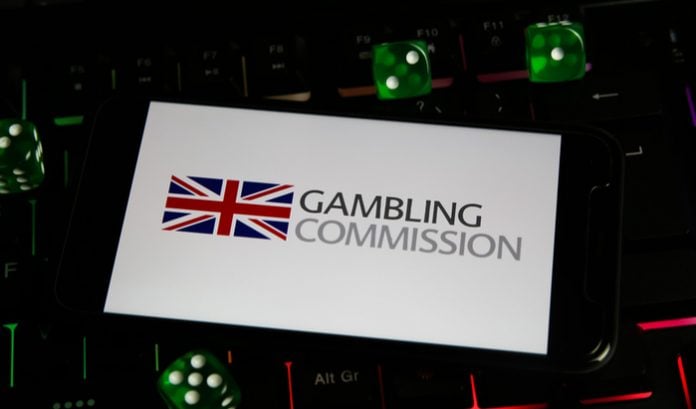The UK Gambling Commission (UKGC) has reported that childhood exposure to gambling products will impact the attitudes and behavioural outcomes of UK gambling consumers.
The survey, undertaken by 2CV, examined the views and experiences of young people aged between 16-to-30.
Key findings revealed that childhood engagements with gambling were aligned with life events and experiences such as family holidays, first jobs and financial independence.
Respondents stated that witnessing gambling activities during childhood were common, but that their participation was not proactive. However, early exposure to positive and negative experiences (witnessing big wins, losses, hardships) led to an ‘increased interest in gambling’.
Despite maintaining some influence, early-age exposure to gambling could not be defined as a definitive factor in respondents gambling later in life.
Those aged 16-to-25 revealed that friends and family played a greater role in shaping gambling behaviour and influenced how they would perceive gambling, whether positive or negative.
The research found that young people were most vulnerable to gambling harm once they achieved independence from their families, moving away from home.
“By age 20-21, young people are most at risk of falling into problem gambling as they adjust to their new freedoms. It’s also around this age that budgeting and taking steps to gamble safely are less likely to feel like a priority” – the report stated.
Evaluating wider social influences, the report stated that gambling advertising was viewed as a ‘trigger-or-nudge’ to gamble, rather than as a determining experience felt by respondents.
Protecting young people from negative gambling outcomes, research stated that policy should be focused on the education of children, parents and learning environments.
Meanwhile, protection stakeholders should take a ‘more holistic approach’ to tackle problem gambling within friendship groups rather than individuals – which are determined to have “a longer-lasting benefit – highlighting the influence of friends on play”.
Tim Miller, Executive Director of the Gambling Commission, said: “Protecting consumers is at the heart of everything we do, and it is important we understand the ways in which children and young people gain exposure to gambling, the products they are playing, and what factors influence their relationship with gambling.
“This latest research forms an important part of our ongoing and wider research programme into gambling behaviours and latest trends across Great Britain. Action to protect consumers should be led by evidence and today’s research publication provides important insights specifically into the ways that children and young people can be protected from gambling harms.”




























